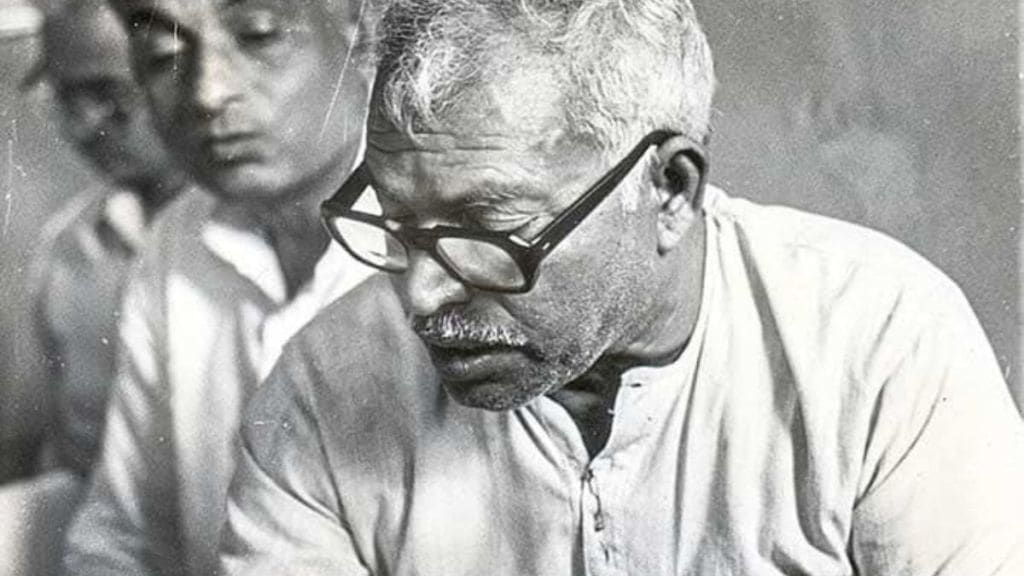Bharat Ratna to Karpoori Thakur: The former Chief Minister of Bihar, Karpoori Thakur, will be conferred India’s highest civilian honor, the Bharat Ratna posthumously. This was announced by Rashtrapati Bhavan communique on the eve of his 100th birth anniversary.
More about Karpoor Thakur and his life
Karpoori Thakur’s life was an inspiring journey from the humble village of Pitaunjhia, now known as Karpuri Gram, to the pinnacle of political power in Bihar. Born into the Nai (barber) community to Gokul Thakur and Ramdulari Devi, Thakur’s rise underscored his resilience and commitment to public service.
During his tenure as Bihar’s Chief Minister in the 1970s, Thakur became a symbol of social justice, particularly for the marginalized sections of society. Rooted in socialist ideals and influenced by the nationalistic philosophy encountered during his student days with the All India Students Federation, Thakur’s political ideology was further shaped by the ‘Lohia’ school of thought, emphasizing the empowerment of lower castes.
One of Thakur’s most significant contributions was the introduction of the “Karpoori Thakur Formula” for reservations. In 1978, he implemented a groundbreaking 26% reservation for backward classes in Bihar, laying the foundation for the later Mandal Commission recommendations. This policy not only empowered the backward classes but also catalyzed the emergence of regional parties that reshaped the political landscape of the Hindi heartland.
In his role as Education Minister, Thakur abolished English as a compulsory subject at the matriculation level, recognizing it as a barrier for many students in competitive examinations. He established numerous schools and colleges, especially in backward areas, and made education up to the 8th grade free, significantly reducing dropout rates.
Beyond educational reforms, Thakur initiated crucial land reforms that redistributed land from Zamindars to landless Dalits, earning him the title “Jannayak” or People’s Hero. Despite facing resistance and abuse from the privileged class, Thakur’s policies laid the groundwork for future leaders to continue advocating for social justice. His legacy remains an enduring testament to his dedication to uplifting the oppressed and marginalized in Indian society.

